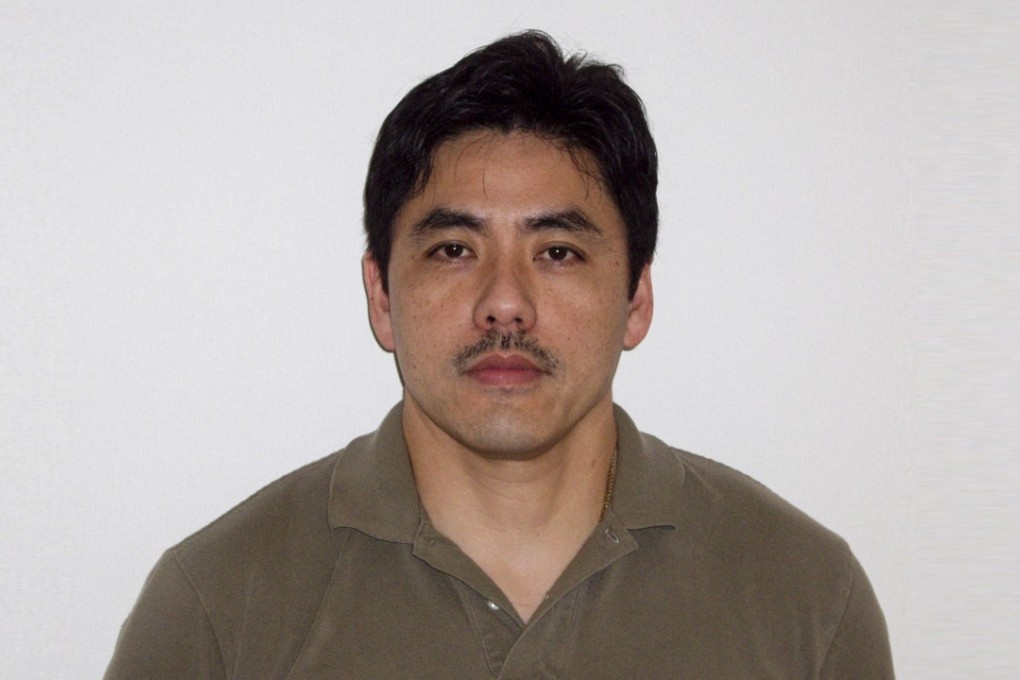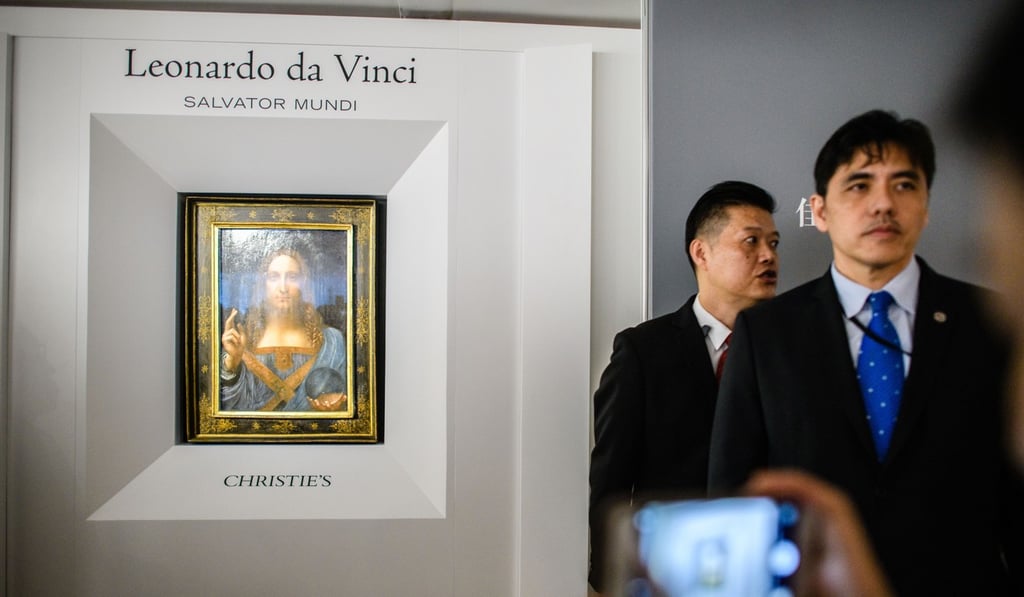Exclusive | Jerry Chun Shing Lee spy trial: China gave ex-CIA agent US$100,000 and promised to take care of him ‘for life’, US court documents say
The Hong Kong-born Lee, suspected of being at the centre of one of the largest US intelligence breaches in decades, is expected to plead not guilty

China is alleged to have given the accused spy Jerry Chun Shing Lee a cash gift of US$100,000 and promised it would “take care of him for life”, according to court documents.
The Hong Kong-born Lee, who was a CIA officer between 1994 and 2007, is also alleged to have deposited hundreds of thousands of dollars more in illicit payments from his Chinese handlers into his personal HSBC accounts in Hong Kong.
He is scheduled to be arraigned in a federal court in Virginia on Friday, where he is expected to plead not guilty to one count of conspiracy to gather or deliver national defence information to aid a foreign government, as well as two counts of unlawful retention of national defence information.

“Mr Lee has denied being a spy, and we intend to prove that he was not a spy at trial,” lawyer Edward MacMahon told the Post. “He will, of course, be pleading not guilty.”
Lee was arrested by FBI agents in January after his flight from Hong Kong landed at John F. Kennedy International Airport in New York.